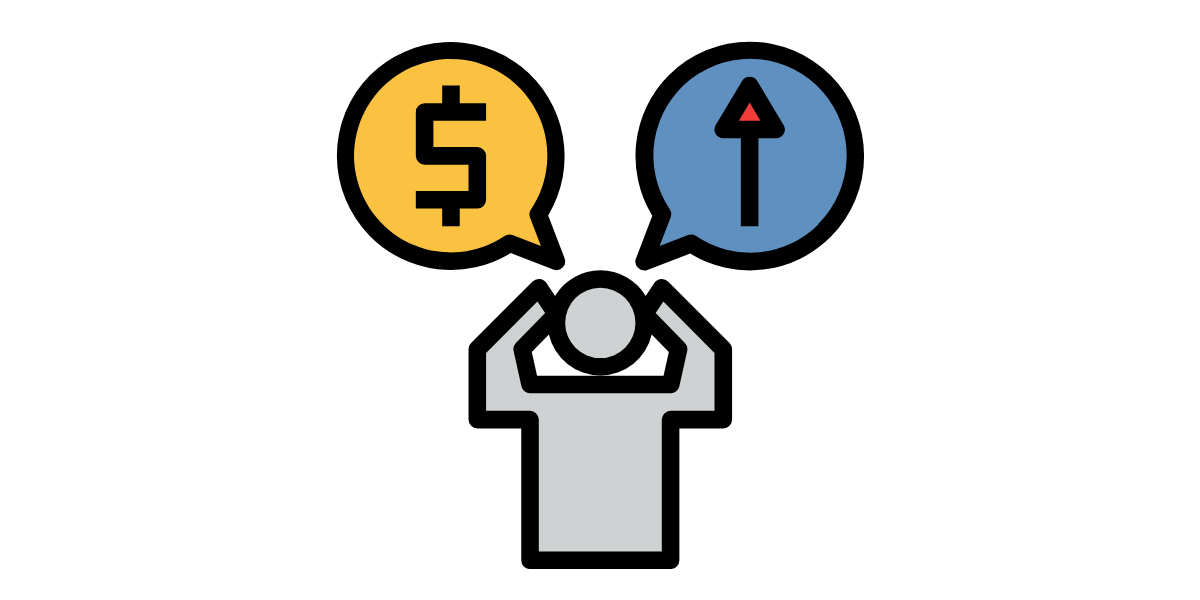
Businesses have always had to deal with debt collection, regardless of their business model. Many debtors are having trouble getting the money they need to pay their outstanding amounts. Others just don’t care enough and will give up. Although it can be difficult to distinguish between them, debt is debt. Everyone has to repay it. These are the three best ways to recover some income.
Treat others with respect and be courteous.
With the many nasty tricks and threatening communications that can be used, debtors fear the bill collectors. This is an illegal and risky way to collect. Collectors do not want to make the debtor angry or show disrespect for the company.
Respect and politeness include:
Being polite
Not just listening to the debtor but also being attentive to what they are saying.
Respect for the debtor
Openly available for two-way conversation, not just one
Never demand or threaten the debit balance
Payment Strategies and Plans
A debtor who demands the total amount upfront will often refuse to pay or remain silent. Most debtors are unable to afford the upfront payment of the entire balance. They just give up and throw in the towel, unable to come up with an action plan. This can lead to additional, expensive expenses when trying to collect the balance, which may not be necessary depending on the circumstances.
These payment strategies and plans include:
Offer payment options that the debtor can afford.
Open an invitation to them to work together on a payment plan.
If they are able to afford one or more payments, you can offer a discount on the balance.
Listen to them and work together to create a payment plan that is both satisfactory and fair for all parties.
Most debtors are familiar with the legalities of unpaid bills and will work to resolve the issue if possible. People don’t like the idea of garnishment or asset seizures, so they wish they could find a way to solve the problem.
Communication of Debt
Although harassment is not usually part of a collector’s policy, it can happen. However, collectors should limit the number of calls they make to harass a debtor. A debtor will be more likely to give up if they are called only two times per day. The same applies to calling every day. A weekly call is sufficient, but biweekly can be better. Calling the debtor too often can lead to more expenses and time spent trying to collect the debt. Although sending letters isn’t as harmful, a debtor can be driven away if they receive one per week.
Email is a risky method of collecting and can make it more challenging to bring a court action. Visits to the debtor’s home are a powerful way to collect a debt. This can also cause them to abandon the debtor or make them give up.
